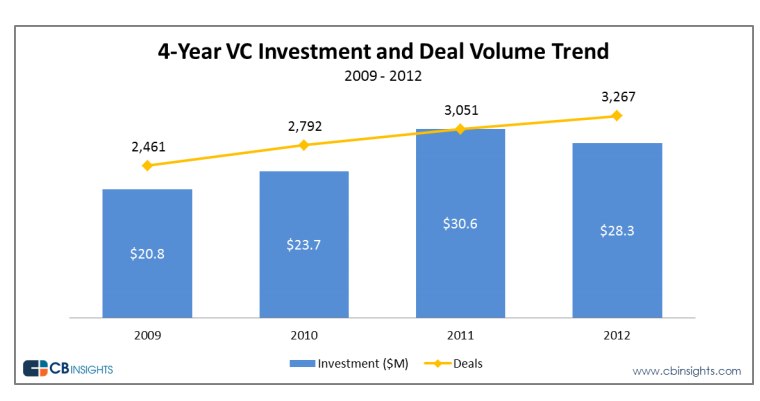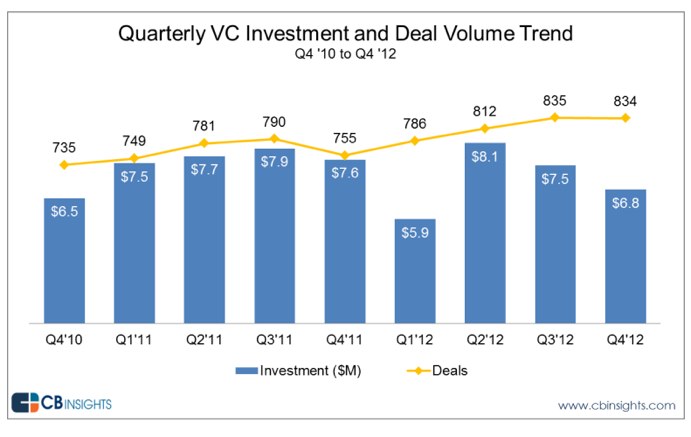“Haven’t blogged in a while. So I decided to look back and pull out one of my first blog posts, from 2004. An oldie, but goodie !
The Number I recommend that anyone with an interest in the market jump at the chance to buy it.
In 1990, I sold my company, MicroSolutions which specialized in what at the time was the relatively new business of helping companies network their computer equipment to CompuServe. After taxes, I walked away with about $2 million. That was going to be my nest egg, and my goal was to protect it at all costs, and grow it wisely.
I set about interviewing stockbrokers and settled upon a broker from Goldman Sachs, Raleigh Ralls. Raleigh was in his late 20s, and relatively new to Goldman. But we hit it off very well and I trusted him. As we planned my financial future, I made it clear that I wanted my nest egg to be invested not like I was 30 years old, but as if I were 60 years old. I was a widows and orphans investor.
Over the next year I stuck to my plan. I trusted Raleigh, and he put me in bonds, dividend-paying utilities and blue chips, just as I asked.
During that year, Raleigh began asking me a lot of questions about technology. Because of my experience at MicroSolutions, I knew the products and companies that were hot. Synoptics, Wellfleet, NetWorth, Lotus, Novell and others. I knew which had products that worked, didn’t work, were selling or not. How these companies were marketed, and whether or not they were or would be successful.
I couldn’t believe that I would have an advantage in the market. After all, I had read A Random Walk Down Wall Street in college. I truly thought that the markets were efficient, that any available knowledge about a company was already reflected in its stock price. Yet I saw Raleigh using the information I gave him to make money for
his clients. He finally broke me down to start using this information to my advantage to make some money in the market. Finally after more than a year, I relented. I was ready to trade.
Notice I didn’t use the word invest. I wasn’t an investor. I just wanted to make money. The reason I was ready to try was that it was patently obvious that the market wasn’t efficient. Someone like me with industry knowledge had an advantage. My knowledge could be used profitably. As we got ready to start, I asked Raleigh if he had any words of wisdom that I should remember. His response was simple. “Get Long, Get Loud”.
Get Long, Get Loud. As we started buying and selling technology stocks, most of which were in the local area networking field that I had specialized in at MicroSolutions, Raleigh put me on the phone with analysts, money managers, individual investors, reporters, anyone with money or influence who wanted to talk technology and stocks.
We talked about token ring topologies that didn’t work on 10BaseT. We talked about what companies were stuffing channels – selling more equipment to their distributors than the distributors really needed to meet the retail demand. We talked about who was winning, and who was losing. We talked about things that really amounted to the things you would hear if you attended any industry trade show panel. Yet after hanging up the phone with these people, I would watch stocks move up and down. Of course as the stocks moved, the number of people wanting to talk to me grew.
I remember buying stock in a Canadian company called Gandalf Technologies in the early 90s. Gandalf made Ethernet bridges that allowed businesses and homes to connect to the Internet and each other via high-speed digital phone lines called ISDN.
I had bought one for my house and liked the product, and I’d talked to other people who’d used it. They had decent results, nothing spectacular, but good enough. I had no idea Gandalf was even a public company until a friend of Raleigh’s asked me about it. What did I think about Gandalf Technologies? It was trading at the time at about a buck a share. It was a decent company, I said. It had competition, but the market was new and they had as much chance as anyone to succeed. Sure, I’ll buy some, and I would be happy to answer any questions about the technology. The market size, the competition, the growth rates. Whatever I knew, I would tell.
I bought the stock, I answered the questions, and I watched Gandalf climb from a dollar to about $20 a share over the next months.
At a dollar, I could make an argument that Gandalf could be attractive. Its market was growing, and compared to the competition, it was reasonably valued on a price-sales or price-earnings basis. But at $20, the company’s market value was close to $1 billion – which in those days was real money. The situation was crazy. People were buying the stock because other people were buying the stock.
To add to the volume, a mid-sized investment bank that specialized in technology companies came out with a buy rating on Gandalf. They reiterated all the marketing mishmash that was fun to talk about when the stock was a dollar. The ISDN market was exploding. The product was good. Gandalf was adding distributors. If they only maintained X percentage of the market, they would grow to some big number. Their competitors were trading at huge market caps, so this company looks cheap. Et cetera, et cetera……”
Read more
Comments »



